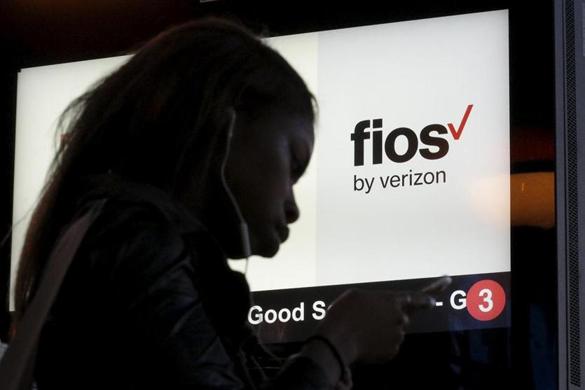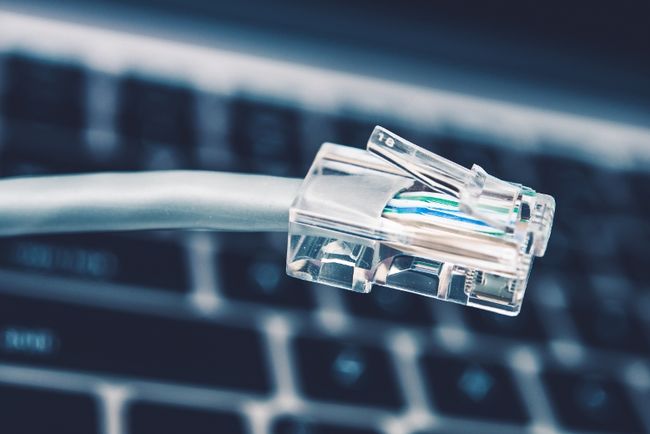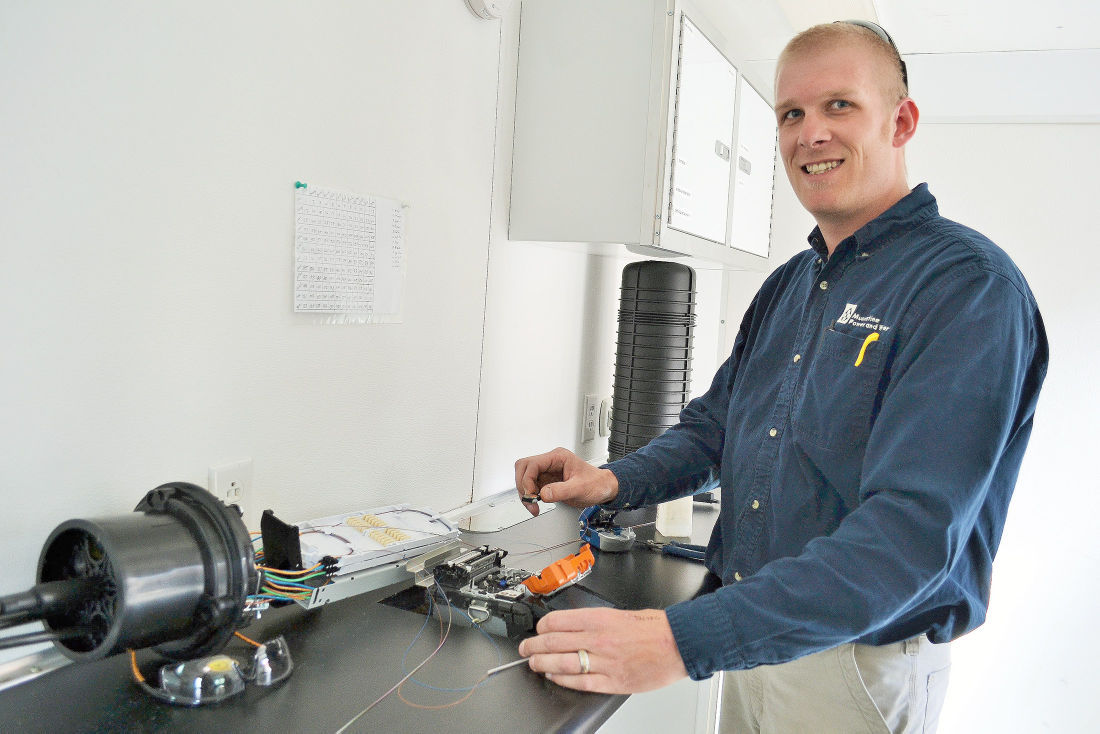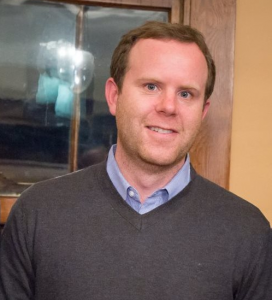The problem here is not the desire to open up the set-top box market, but Google and others’ use of crony capitalism through the Obama Administration to circumvent the standard FCC process to make an informed decision. The FCC has already started the NPRM process where Google, Facebook, Netflix, Amazon, and others can participate. They don’t need to put political pressure on a supposedly-independent department. There is no question that both sides of the argument have a vested interest, but Silicon Valley should follow the processes outlined by the FCC.
Karl Bode
From net neutrality to municipal broadband, to new broadband privacy rules and a quest to open up the cable set top box to competition, we’ve noted repeatedly that the FCC under Tom Wheeler isn’t the same FCC we’ve learned to grumble about over the years. For a twenty-year stretch, regardless of party control, the agency was utterly, dismally apathetic to the lack of competition in the broadband space. But under Wheeler, the FCC has not only made broadband competition a priority, but has engaged in other bizarre, uncharacteristic behaviors — like using actual real-world data to influence policy decisions. Continue reading










